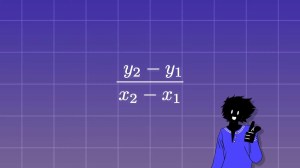Barnaby Martin of Listening In looks at the origin of the incredibly poignant scene from Four Weddings and a Funeral in which a young John Hanna recites the heartbreaking W.H. Auden poem “Stop All the Clocks”. He further notes that the poem, then known as “Funeral Blues”, was originally written for “The Ascent of F6”, a play about a doomed mountain climber that he wrote with Christopher Isherwood.
W.H. Auden’s ‘Stop all the clocks’ may be one of the most recognisable poems ever written, made famous by its inclusion in the 1994 film ‘Four Weddings and a Funeral’. But it started life in a completely different context, written to be set to music by Benjamin Britten for ‘The Ascent of F6’, a play written collaboratively by Auden and Christopher Isherwood.
The poem was then turned into a song for actress Hedli Anderson who performed in the play.
The music audiences were so struck by the music and in particular the voice of the mezzo soprano soloist Hedli Anderson that Auden and Britain committed to make a collection of cabaret songs written for anderson of which four remain. One of them being “Funeral Blues”
At the same time, Auden decided to release a book of four poems that included an updated version of “Funeral Blues”.
Audin published these four poems independently in his 1940 anthology “Another Time”. It’s at this point that we see the poem that we know today fully realized Audin removed the last two stanzas that made specific references to the context of the play and replaced them with two new ones.






